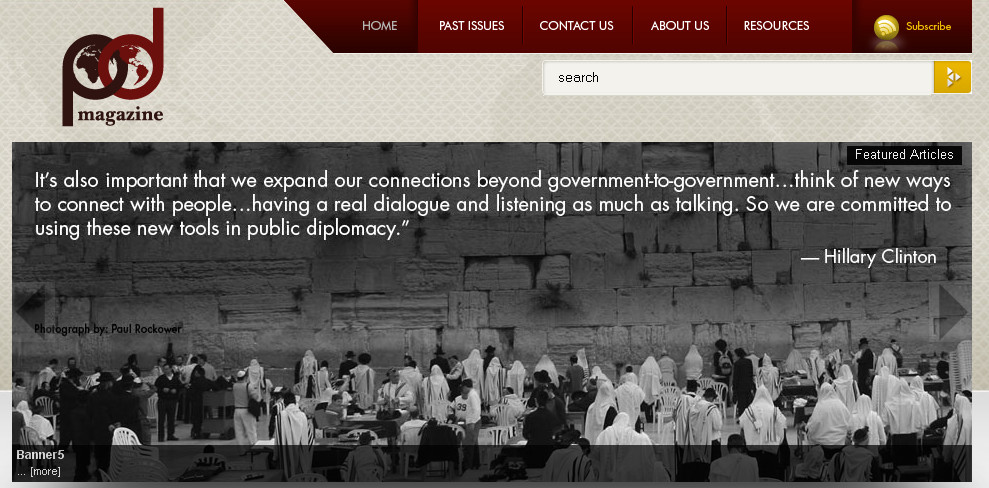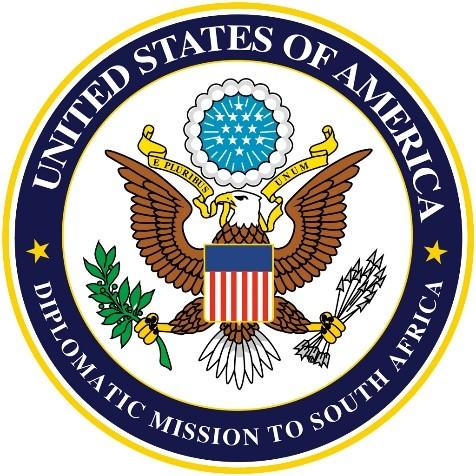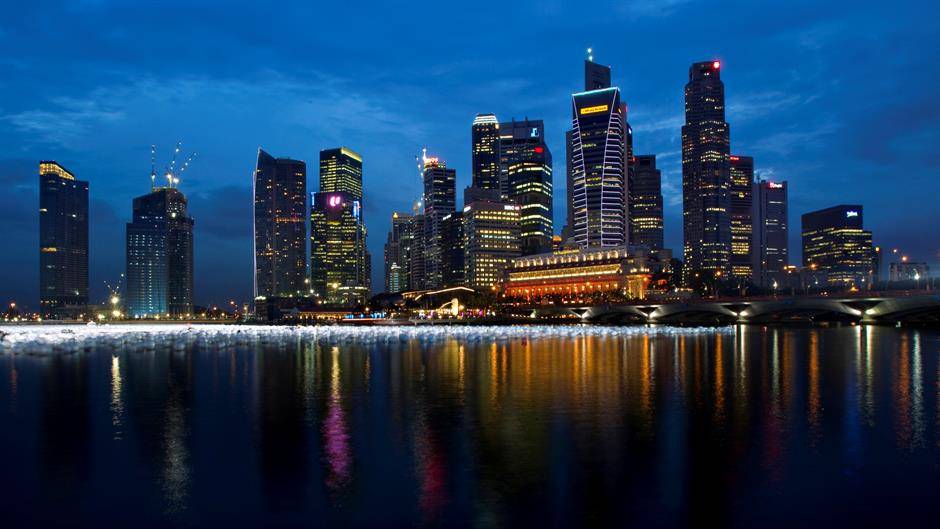The age of globalization and information has led to an increase in the power of non-state actors (NSAs) on the global stage. Consider this, there are over 40,000 internationally operating NGOs. These NGOs try to shame corporations for poor labor laws, organize demonstrations that states cannot ignore and shape international human rights norms in a powerful way. On the darker side of globalization, the same communication tools used for advocacy have enhanced the power that violent NSAs wield to attract extremists and fundamentalists. With the power of communication tools, NSAs shape the international system and attract followers like never before. What is clear is that states must share the stage with NSAs whether they consider them to be friends or foes.
The Summer 2014 issue of Public Diplomacy Magazine explores the power NSAs in globalization. It is a common misconception to define NSAs as simply being any actor that is not a state, therefore we want to provide a clear definition to our readers. We adopt Josselin and Wallace’s definition of a NSA as being the following:
“Largely or entirely autonomous from central government funding and control: emanating from civil society, or form the market economy, or from political impulses beyond state control and direction; Operating as or participating in network which extend across the boundaries of two or more states- thus engaging in ‘transnational’ relations, linking political systems, economies, societies; Acting in ways which affect political outcomes, either within one or more states or within international institutions-either purposefully or semi-purposefully, either as their primary objective or as one aspect of their activities” (3-4).
The goal of this broad approach is to highlight the diversity of non-state actors and their power as PD actors. This issue seeks features and case studies on diasporas, NGOs, religious groups, violent non-state actors, multinational corporations, think tanks, media, celebrities and philanthropists.
Case studies may consider the following points:
- What are the NSA’s norms? What is its code of conduct?
- How do NSAs use public diplomacy tools to socialize the public to their norms?
- How do NSAs nurture their international reputation?
- Does the NSA have a public affairs strategy? Does it differ from its public diplomacy strategy?
- How does the public influence the NSA? How does the NSA shape the public?
- How does the NSA shape international politics?
- What is the NSA’s relationship with state entities?
Please feel free to go beyond these suggestions, but discuss your topic with a member of the editorial board before commencing an article for submission.
Public Diplomacy Magazine will accept two types of submission:
1. Features
2,500-3,000-word essays suited for this issue focus on non-state actors as player in global politics and how they practice public diplomacy. This can be submitted in the form of a theoretical working paper, comparative study or history of non-state actors.
2. Case Studies
Case studies between 1,000 and 1,500 words focused on specific non-state actor.
Public Diplomacy Magazine does not accept unsolicited submissions. Authors interested in contributing to the magazine should contact the Editor-in-Chief about their proposals. Please view our editorial policy in the “About Us” section for further information. All submissions must strictly follow the Public Diplomacy Magazine Style Guide. Public Diplomacy Magazine reserves the right to withhold printing any articles submitted.
The deadline for submission is Friday, March 7, 2014.
This entry was posted on Wednesday, November 27th, 2013 at 9:13 am and is filed under Featured, Lead Article, Uncategorized. You can follow any responses to this entry through the RSS 2.0 feed. You can leave a response, or trackback from your own site.













